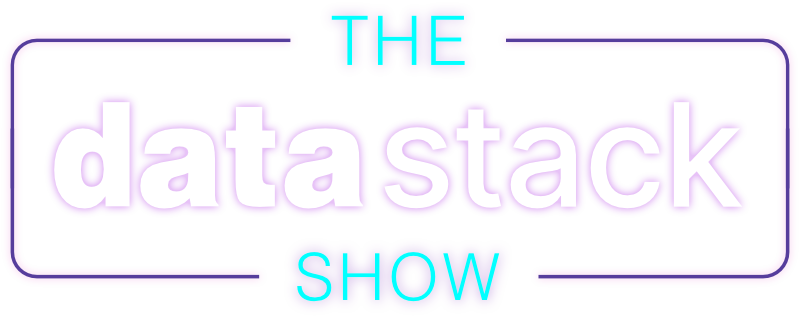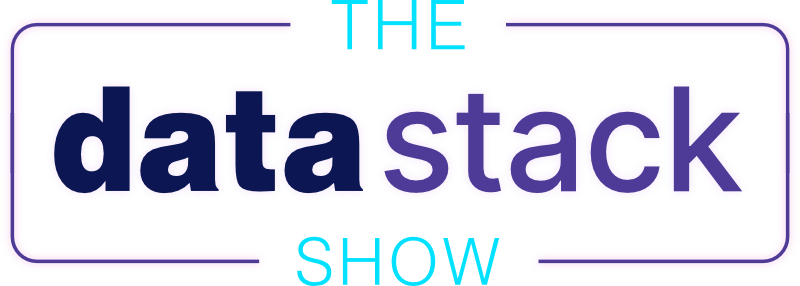Episode 179
February 28, 2024
with Tony Wang
– Graduate Research Assistant (PhD), Stanford University
This week on The Data Stack Show, Eric and Kostas chat with Tony Wang, Graduate Research Assistant (PhD) at Stanford University. During the episode, Tony discusses his journey from China to studying electrical and hardware engineering at MIT, his transition to data processing systems for his Ph.D., and the academic-industry connection. Tony shares insights on cloud data processing, the limitations of academic hardware projects compared to industry giants like NVIDIA, and the potential for software innovation in academia. He also delves into his current research focus on time series data management, the challenges of integrating different data systems, the goal of improving data processing efficiency, the sales aspect of his research, and more.

